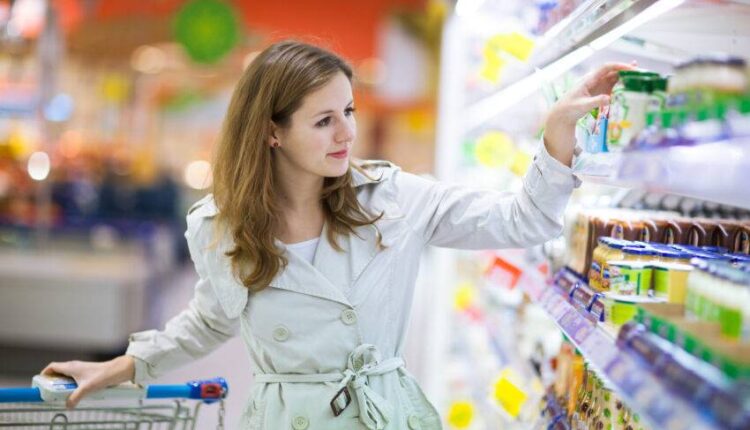The rate at which food prices are rising has continued to slow but stubbornly high grocery prices mean the cost of the weekly shop is now as big a concern as energy bills, according to research.
Food inflation fell from 13.4% in the year to July to 11.5% in August, according to data published on Tuesday by the British Retail Consortium. This helped bring overall shop price inflation down from 7.6% in July to 6.9%.
Helen Dickinson, the BRC chief executive, described the downward trend as “better news for consumers” and pointed to slower price increases for meat, potatoes and some cooking oils.
Price hikes for toiletries and cosmetics had also eased, the BRC said, based on data for the first week of August, while inflation ticked up on clothing and footwear as shops ended their summer sales.
Household budgets in the UK and around the world have been squeezed by rapid increases in prices for food and other goods, with much of the global economy being roiled by a wave of high inflation.
Prices surged as supply chains struggled to respond to demand after the end of Covid lockdowns. Russia’s full-scale invasion of Ukraine sent energy prices soaring further.
In the UK that caused inflation to hit a 41-year high of 11.1% last October, while food price inflation peaked at 19.1% in March this year, according to government figures. The latest BRC data suggested the overall UK inflation rate should fall for August, although those figures will not be released until 20 September.
The outsized role of food inflation has meant supermarkets have faced political pressure to cut prices, amid a backlash from the public over the scale of the increases.
As a result trust in the supermarket sector has fallen to its lowest since the horsemeat scandal a decade ago, a separate poll by the consumer group Which? found.
Its monthly consumer insight tracker found that in August trust had dropped to the lowest it has been since February 2013, when meat products were found to contain undisclosed horse DNA.
Less than half of 2,000 adults surveyed by Which? said they trusted the supermarket sector to act in their best interest, while nearly one in five said they did not trust the sector.
The research also revealed that food prices were now as much a concern for consumers as energy bills, with almost nine in 10 respondents reporting being worried about the cost of groceries.
Katie Alpin, the head of strategic insight at Which?, said that month after month of soaring food prices had “seen trust in supermarkets plummet to a 10-year low, comparable to the dark days of the horsemeat scandal”. She added: “The cost of the weekly shop is now on a par with energy bills as the biggest worry for millions of households.”

